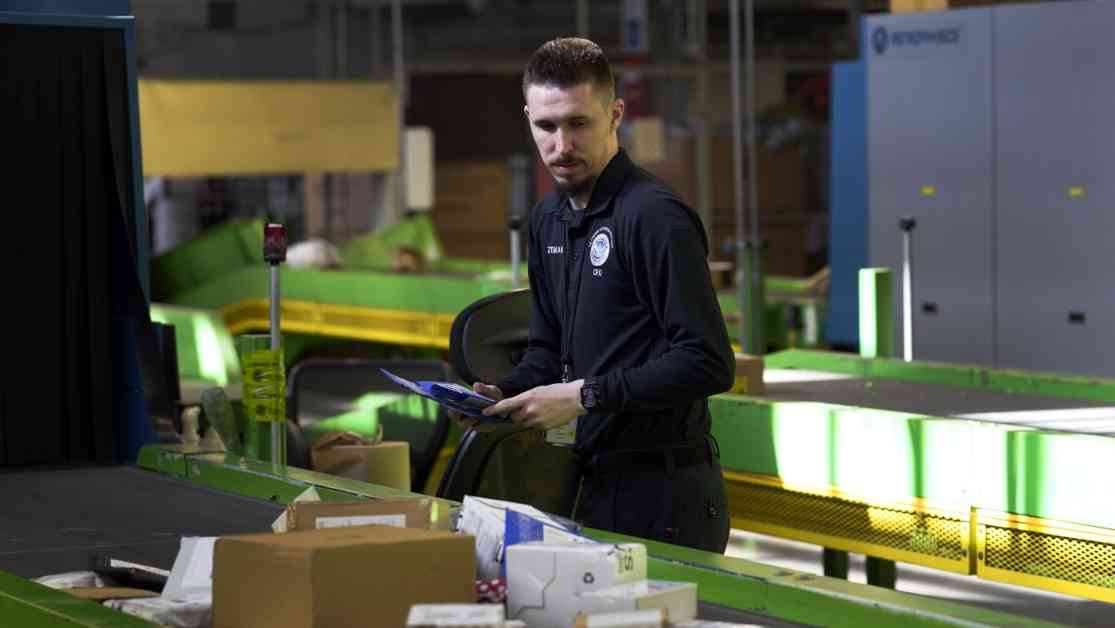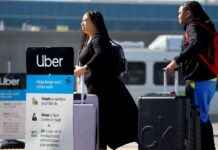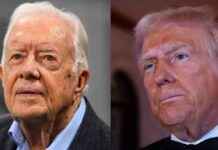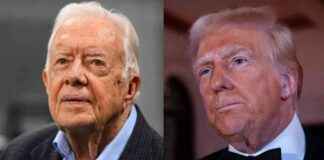In a whirlwind of actions, President Trump has slapped on massive tariffs on imports flowing into the United States, only to pause or retract many of them later on. Despite this back-and-forth, tariff rates remain elevated compared to pre-Trump times, as his administration aims to bolster U.S. manufacturing and generate more revenue. However, the collection of these tariffs presents a major challenge. Federal agencies responsible for screening imports often find themselves overwhelmed and understaffed, while exporters are increasingly finding ways to dodge taxes. Let’s delve into why collecting taxes on imports can turn into such a headache.
The lure of smuggling has grown stronger, with trade experts pointing out that the heightened tariffs especially targeting China have spurred more interest in illicit activities. Even after the recent U.S.-China agreement, tariffs on Chinese goods still hover around 30%, surpassing tariffs on other countries — especially following Trump’s announcement of a 90-day pause. “There is going to be more incentive for companies to attempt to skirt the law,” remarks Matt Lapin, a trade compliance attorney at Wiley. The practice of transshipping, where businesses reroute their products through a third country, is one way bad actors try to circumvent regulations. David Rashid, who operates an auto parts company in Illinois, discovered that Chinese competitors were utilizing countries like Thailand and Vietnam to bypass American tariffs, leading to an uneven playing field.
Amidst these challenges, U.S. Customs and Border Protection (CBP) stands as the primary federal agency tasked with screening imports and determining tariff collections. However, the agency faces a mounting workload. In addition to global retaliatory and reciprocal tariffs, CBP must also enforce a new tariff on over 1 billion low-value packages entering the U.S. annually, mainly from Chinese e-commerce platforms, after the termination of the “de minimis” trade exception. While the agency asserts readiness to enforce these taxes with severe penalties, logistics specialists question their capacity. Ram Ben Tzion, who provides software to governments for monitoring trade fraud, doubts CBP’s ability to effectively inspect and enforce the de minimis rule due to workforce and technological limitations.
The union representing CBP agents highlights chronic understaffing issues within the agency, compounded by an anticipated surge in retirements that could further strain resources. A former senior enforcement official at CBP notes a persistent scarcity of import specialists, essential for detecting trade fraud. Despite a legal mandate for a minimum of around 1,000 import specialists, the agency frequently falls short of this requirement. Concerns about the lack of enforcement and prosecution of trade violations persist among U.S. business owners like Milton Magnus and David Rashid, prompting a proposed legislation seeking $20 million to fund a DOJ task force dedicated to handling trade fraud cases. The shortage of resources within the DOJ to tackle these cases underscores the impact on businesses and potential revenue losses for the government.



















